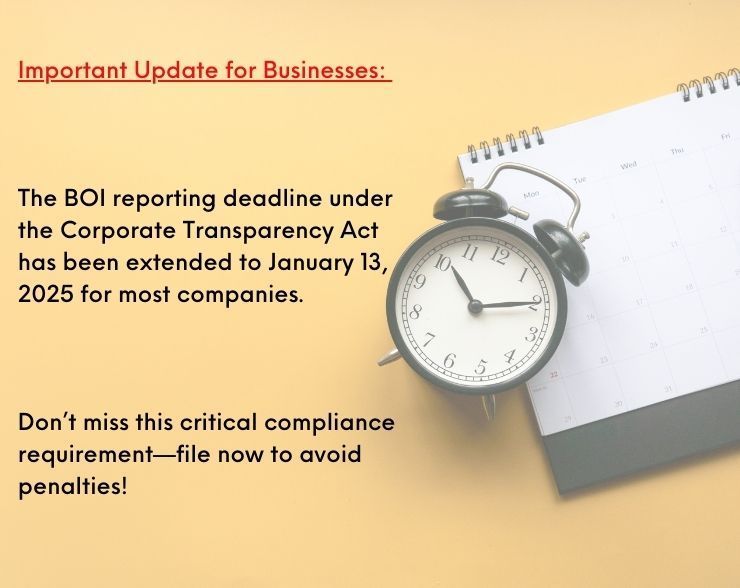Real Estate Investment: One Size Doesn’t Fit All
Over the past few years, we’ve all witnessed the meteoric rise of real estate, followed by an inevitable crash. And, now the housing market is slowly recovering and trying to find a more stable middle-ground. During the past 10+ years as an active real estate professional, one trend that I’ve observed is that real estate […] The post One Size Doesn’t Fit All appeared first on Atlas Real Estate Advisors.
Over the past few years, we’ve all witnessed the meteoric rise of real estate, followed by an inevitable crash. And, now the housing market is slowly recovering and trying to find a more stable middle-ground.
During the past 10+ years as an active real estate professional, one trend that I’ve observed is that real estate investors are active in both up and down cycles, regardless of whether housing in general is thriving or failing. The buyers and sellers change, the pricing metrics change, the banks change their financing options, and the statistics on overall inventory will certainly adjust. But, investors never stop buying and selling.
Regardless of whether you’re an active real estate investor or just a spectator, you’ve undoubtedly heard someone in the past few years advertise a real estate listing as a “great investment”. Phrases like “perfect for investors” and “what a steal” are commonly used by Realtors and owners to advertise their properties. But, a closer look will tell you that one size doesn’t fit all in real estate investment, and these marketing slogans are often misleading.
Try this 5-question test to determine if you’re applying the property gauges on real estate as an investment:
1) If a property that sold for $500,000 in 2007 is listed for sale at $150,000 today, is that a bargain price?
2) If the tax assessors office has a property valued at $300,000 and the seller offers it to you for $200,000, does that mean you have $100,000 instant-equity?
3) If you’re offered a property at $250,000, and a professional builder tells you the same property would cost $400,000 to rebuild, should you buy it rather than build it?
4) If a seller paid $100,000 for a property last week and has offered it to you for $300,000 today, does that mean it’s overpriced?
5) If your Realtor, appraiser, lender, attorney, “real estate friend”, etc advises you to buy a property, should you accept their advice?
If you answered “yes” to any of the questions above, you should reconsider your approach. Sadly, most novice investors calculate value as the difference between what they buy a property for compared to the price the seller was asking, or the amount some third-party (i.e. tax assessor, Realtor, etc) says it’s worth. These criteria should never be used solely as a reason for buying. How much the seller paid for (or owes on) a property has no bearing on its value. The same applies to how much it would cost to rebuild it, how much it sold for a few years ago or how much you think it will appreciate.
Real estate purchase decisions should be based on your personal financial situation. If you need real estate in your portfolio for monthly cash-flow, your investment decisions will be very different than the person who buys real estate to offset their tax liability. An investor who is investing their only $100,000 would approach an investment much differently than a billionaire investing $100,000.
Use caution when buying: The property that’s a “great deal” for one person is not always a “great deal” for everyone as the headline on the flyer might say.
The post One Size Doesn’t Fit All appeared first on Atlas Real Estate Advisors.







